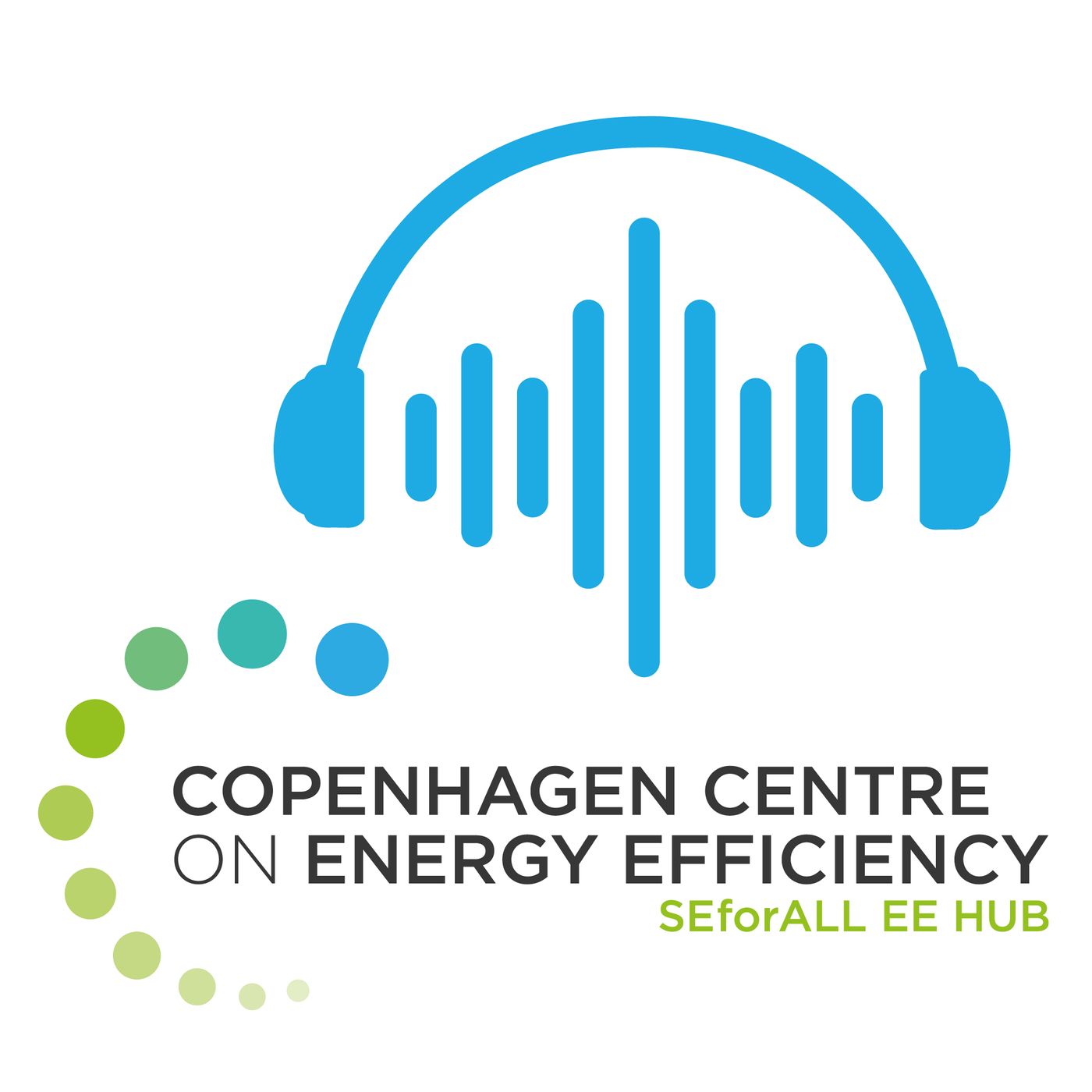Financing Energy Efficiency Investments
Update: 2022-07-15
Description
Problem:
It is a critical time for energy efficiency. Despite its recognised importance, improvements have fallen short of expectations. Energy efficiency increase amounted to only around 2% per year between 2011 and 2020. The Covid-19 pandemic further hit energy efficiency efforts hard. In 2020, improvements were estimated to be only 0.8%, which is substantially lower than the SDG target of 2.6% per year. The International Energy Agency finds that progress on energy efficiency globally recovered in 2021 to a pre-pandemic pace but remained well short of what would be needed to help put the world on track to reach net-zero emissions by mid-century.
The inadequate improvements stem from insufficient energy efficiency investments, despite the ostensibly strong business case for energy efficiency. While wind and solar power investments have increased substantially, energy efficiency investments have not grown at an equal pace. Global investments in energy efficiency have not risen significantly in recent years.
Key message:
A path towards reaching net zero emissions by 2050 requires total annual investment in energy efficiency worldwide to triple by 2030. Financing energy efficiency investments must be feasible and include a broad set of instruments, including equity-based financing.
Speakers: Elisabeth Resch, Alexander Ablaza
Support: Aristeidis Tsakiris
https://c2e2.unepdtu.org/kms_object/financing-energy-efficiency-investments-podcast/
It is a critical time for energy efficiency. Despite its recognised importance, improvements have fallen short of expectations. Energy efficiency increase amounted to only around 2% per year between 2011 and 2020. The Covid-19 pandemic further hit energy efficiency efforts hard. In 2020, improvements were estimated to be only 0.8%, which is substantially lower than the SDG target of 2.6% per year. The International Energy Agency finds that progress on energy efficiency globally recovered in 2021 to a pre-pandemic pace but remained well short of what would be needed to help put the world on track to reach net-zero emissions by mid-century.
The inadequate improvements stem from insufficient energy efficiency investments, despite the ostensibly strong business case for energy efficiency. While wind and solar power investments have increased substantially, energy efficiency investments have not grown at an equal pace. Global investments in energy efficiency have not risen significantly in recent years.
Key message:
A path towards reaching net zero emissions by 2050 requires total annual investment in energy efficiency worldwide to triple by 2030. Financing energy efficiency investments must be feasible and include a broad set of instruments, including equity-based financing.
Speakers: Elisabeth Resch, Alexander Ablaza
Support: Aristeidis Tsakiris
https://c2e2.unepdtu.org/kms_object/financing-energy-efficiency-investments-podcast/
Comments
Top Podcasts
The Best New Comedy Podcast Right Now – June 2024The Best News Podcast Right Now – June 2024The Best New Business Podcast Right Now – June 2024The Best New Sports Podcast Right Now – June 2024The Best New True Crime Podcast Right Now – June 2024The Best New Joe Rogan Experience Podcast Right Now – June 20The Best New Dan Bongino Show Podcast Right Now – June 20The Best New Mark Levin Podcast – June 2024
In Channel





